nato Records | Jean Rochard | Interview
nato Records was founded in 1980 by experimental artist Jean Rochard with intention to offer a variety of musical styles through his releases.
More than four decades later the label can be proud of its versatile and colourful roster of artists, that includes names like Lol Coxhill, Tony Coe, Jac Berrocal and so many other incredible names in the world of music.
“Storms of passion, rains of desire, winds of laughter, showers of delirious crafts”
How did you first get interested in music?
Jean Rochard: This is as big a question as mushroom bloom and rainfall frequency. In my family, family meals were often punctuated by songs, my father led the village band and above all there were records, objects of wonder for me. My parents’ collection was not very large, but each cover amazed me whether it was French songs, traditional tunes or classical music. But the records of my elders, mostly 45 rpm records, were really the magic objects, The Kinks, The Beatles, Julie Driscoll, Otis Redding, Ray Charles, Manfred Mann, The Animals, Aretha Franklin and the yé-yé (which interested me much less than the previous mentioned). I saw the first appearance of Jimi Hendrix on French tv. My cousin was very fond of The Beatles, he even made guitars out of cardboard. I had made some savings to offer my older brother 3 singles 4 tracks – jazz greats style – that stood in the window of a small newspaper store in the village: Dizzy Gillespie / Charlie Parker, Charlie Parker / Miles Davis, Count Basie / Cozy Cole (Cozy Cole’s solo in ‘Concerto for Cozy’ did a great impression on me) whose covers I found sublime. Very quickly music imposed itself as a social link, a language and became a very strong center of interest in parallel with the comic strip, then the cinema.
Was there a certain moment in your life when you knew that you wanted to become a musician and a record owner?
I don’t think this moment happened all at once, but emerged as I went along. I wanted to be an archaeologist, a cartoonist, a photographer (which was my first job after being fired from school and studying photography for a year) and yet music dominated all these desires without any preconceived ideas. It wasn’t a question of “what am I going to do?” but rather of understanding that it was a strong part of my language. I did not wish to become a musician. I played in the village band, but it was a far cry from King Curtis or The Kinks. When I was 19 and living in the Paris region where I had been working for two years, I saw a small ad in Jazz Magazine saying that Jacques Thollot was giving drum lessons. Jacques was the drummer on Don Cherry’s ‘Eternal Rhythm,’ the record that was really a constitutive part of the lock between Hendrix and jazz (we can also add the television broadcast of Michel Portal’s concert at Châteauvallon in 1972). I became his student and especially his friend. But the point was more about meeting a great musician than trying to become one.
Tell us what was the overall concept behind forming nato?
There was no real concept in the idea of creating nato (lowercase letters even for the n), but only a powerful desire that came from this passion for records, their covers, the careful reading of liner notes, and the rock and then jazz press (at the time very interesting and very political). The mention “produced by” on records intrigued me a lot: “produced by George Martin,” “produced by Phil Spector,” “produced by Jerry Wexler” or later “produced by Manfred Eicher.” In the inside sleeves of some Coltrane records “produced by Bob Thiele,” you could even see Bob Thiele smoking his pipe. I wondered what that could be. In France there was Gérard Terronès and his hat. His silhouette was already a legend, it was very intimidating. And at my then favourite record shop, held by Dolorès Cante, I met every week with Jean-Jacques Pussiau, a young producer of Owl Records who had his first successes. This made things tangible. I told myself that it must be possible. As early as 1978, the year I was organizing my first concerts, I was considering this possibility and that became an obsession.
How did it all start with the label? How did you get musicians on it?
The first attempt with a friend, in 1978, had not gone very far. In 1980, I had already been organizing concerts in Chantenay-Villedieu (the village where I grew up) for two years and Thollot, Jean-François Jenny-Clark, François Jeanneau, Michel Portal, Beb Guérin, Bernard Lubat, Irène Schweizer, Martial Solal, Jean-Louis Chautemps, Jac Berrocal, Raymon Boni, André Jaume and others had already played there. As since 1976, I wrote record columns in a few newspapers, which I frequented assiduously concerts and festivals (which included a lot of hitchhiking), I began to know many musicians of very diverse obedience in no less diverse situations (Châteauvallon or Moers for instance). In 1980, I worked at Éditions Fréquences as a photographer and photoengraver. On the one hand that year Chantenay-Villedieu was transformed into a more important festival (relatively) and much more open beyond the borders, with the coming of musicians like Lol Coxhill, John Tchicai, Chris Laurence, Radu Malfatti, John Taylor et cetera. On the other hand, at Éditions Frequences, there was a laboratory technician, Christian Savouret , who had aspirations as a sound engineer. We began together. The first step was to install the microphones at the Chantenay-Villedieu festival in 1980 for the duo François Méchali – Beb Guérin (I loved double bass ensembles and these two bassists – Beb had a particular and politically strong position on the French scene) and the trio Lol Coxhill-Raymond Boni-Maurice Horsthuis that I had suggested. Also, that year, Spanish actress Violeta Ferrer made her return after 20 years of silence, to tell Federico Garcia Lorca’s poetry with pianist François Tusques. This will be the subject of a third recording of this “brood” indicating a strong inclination for poetry that is still lasting.
How did you get involved with Lol Coxhill?
Lol Coxhill was the guy heard with Kevin Ayers’ band (which I liked as a teenager), as well as in other records like Caravan. His name was as intriguing as the character. When I became intensely interested in jazz, I found his name in various situations. I liked his “monkian” character, very singular, very independent and moreover, I was very fan of the soprano (Evan Parker, Steve Lacy, François Jeanneau, Wayne Shorter…). We did a lot together. Lol, like Tony Coe, Steve Beresford, Alan Hacker, Tony Hymas, is certainly one of the cardinal points of the label.
There are so many other incredible artists on your label, would you like to discuss some of the most memorable collaborations?
Storms of passion, rains of desire, winds of laughter, showers of delirious crafts… Each encounter is a story, an adventure. All are fundamentals and some of long or very long durations, which allows to deepen beyond the simple impulses and what falls after the first excitations caught up by the contingencies (violent economics). Little riveted on the questions of styles that it always seems imperative to overcome, it is really the human encounters that prevail. I have learned a lot and constantly and from this point of view, I do not think of any of the releases to which I have contributed as a minor. On the contrary, what one might call sharpening sensitivity is the fact of every second of every situation. Questioning life, love and ways to share. I would never know how to thank Jacques Thollot, Violeta Ferrer, François Méchali, Jac Berrocal, Michel Portal, Günter Sommer, Ulrich Gumpert, Maatren Altena, Radu Malfatti, Jef Lee Johnson, Michel Doneda, Louis Sclavis, Sylvain Kassap, Denis Lavaillant, Jean-François Pauvros, The Alterations, British Summer Time Ends, Kahondo Style, John Zorn, Joëlle Léandre, Hélène Labarrière, Dean Magraw, Annick Nozati, Daunik Lazro, Erik Fratzke, François Corneloup, Max Eastley, Mike Cooper, JT Bates, Stokley Williams, Anthony Cox, Ikue Mori, Ted Milton, Arto Lindsay, Terry Day, Barre Phillips, Barney Bush, John Trudell, Denis Colin, Didier Petit, Desdamona, Carnage, The Lonely Bears, Ursus Minor, Davu Seru, Benoît Delbecq, Nathalie Richard, Tonie Marshall, Noël Akchoté, Catherine Delaunay, Fantastic Merlins, Le Bénéfice du doute, Nathan Hanson, Matt Wilson and so many others, so many others, so many others (lists are problems). Moments of life together to seek, moments of immediacy to find, not in the great comfort (which never existed) but on the thread of existence. Sometimes through tenacious love for references coming from the past and what they can say about the present on various degrees (for example: The Marx Brothers, Erik Satie, Alfred Hitchcock, Jean-Luc Godard, Doris Day, Spirou, Sidney Bechet, Sitting Bull, Buenaventura Durruti, Gustave Courbet, the French anti-Nazi resistance et cetera), sometimes by the desire to project the musical language into a larger (modestly) sphere (records like ‘Les voix d’Itxassou,’ ‘Oyaté,’ ‘Left for Dead,’ ‘Chroniques de résistance,’ and the coming up album by Catherine Delaunay ‘L’homme des Damps’ about Octave Mirbeau…). And speaking about memorable collaborations, there are also those of sound engineers (Daniel Deshays, Dave Hunt, Alain Cluzeau, Steve Wiese…), illustrators and designers (Pierre Cornuel, Marianne Trintzius, Nathalie Ferlut, Moebius, Johan de Moor, Daniel Cacouault…), photographers (Guy le Querrec, Caroline Forbes…), distributors, commentators, record stores workers (Dolores Cante, Daniel Richard, Olivier Gasnier, Le Souffle Continu…), concert organizers, therapists… Again: lists are cruel. And of course, essential partners like Violeta Ferrer, Valerie Crinière, Sara Remke and Christelle Raffaëlli, without whom, nothing will be truly alive.
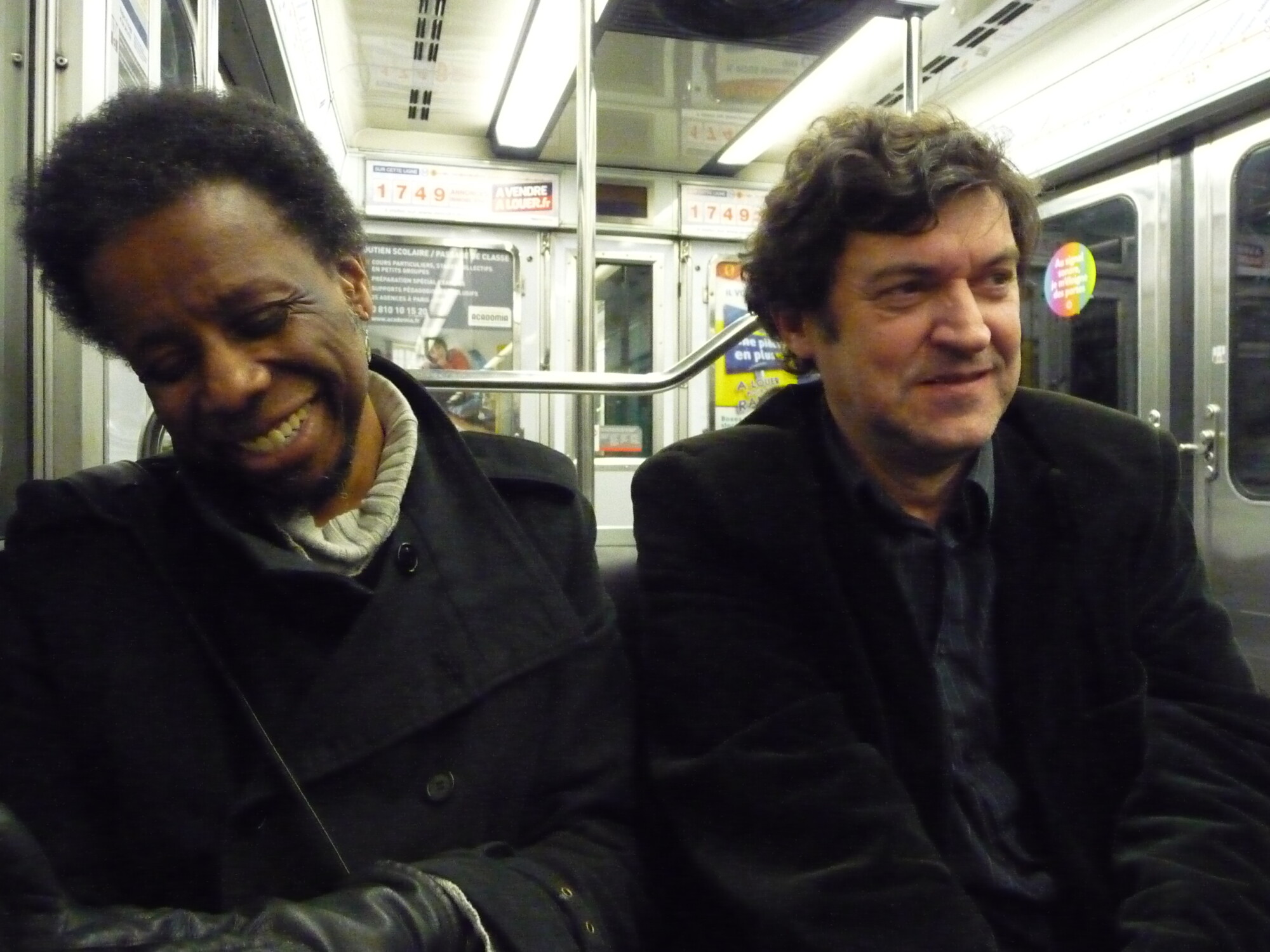
What can you tell us about Cinénato and Chabada sublabels?
Cinénato is simply records related to movie scores that I produced and Chabada (another cat, but more relaxed), a collection sticking better to what suddenly emerged as The Melody Four.
Tell us about the recent project, Riverdog. What initiated the project?
Riverdog is not at all a “project” of nato, but a duo consisting of drummer Jack Dzik and electronic musician Léo Remke-Rochard (incidentally my son). They met in school in St Paul (Minnesota) around the age of 12 or 13 and shared common tastes and aspirations, musical, cinematographic, literary and also on a way of looking at the world and the society around them. They both write, too. They created their own Eyemyth label when they were 15 or 16 years old and didn’t tell anyone about it, and they released cassettes, LPs, singles, not just from their band, but also other artists they considered highly. All their activity takes place in a completely different kind of sphere than the one I know. I am very impressed by their passion, their inventiveness and their way of broadly embracing music while being demanding about its language qualities. Jac Berrocal heard Riverdog’s single ‘Lifted compass’ and phoned me raving about it and that he would like to record with them. Both knew and appreciated what Jac was doing and they came to Paris in January 2020 to record ‘Fallen Chrome’ (lucky: a month later we were in lockdown with impossible foreign travels). They did a concert with Jac in January 2022.
Riverdog recently released a collaborative album with Anamaz, ‘Une longue année’…
In Treignac, in Corrèze, there is a festival every year where quite frequently artists from nato. Léo Remke-Rochard came there every year since he was 13 years old and met Anamaz, the daughter of the organizers, passionate about music. In 2015, Leo and Anamaz participated in Ursus Minor’s album What matters now, each with a text. A certain friendship resulted from this annual meeting and in 2018, Riverdog played in this festival during a “minnesotan” evening where also played the Davu Seru group. Jack Dzik also had the opportunity to play with Anamaz in an impromptu band playing outside. For the three of them, the idea of doing something together made its way parallel to the one of playing with Jac Berrocal. Two different approaches, music, generation, but also two ways of thinking about the world from different but complementary idioms. Anamaz & Riverdog represent for me an additional step where the style evaporates to realize an extremely significant way to understand musically the relationship of our deep interiors with the weight of the world.
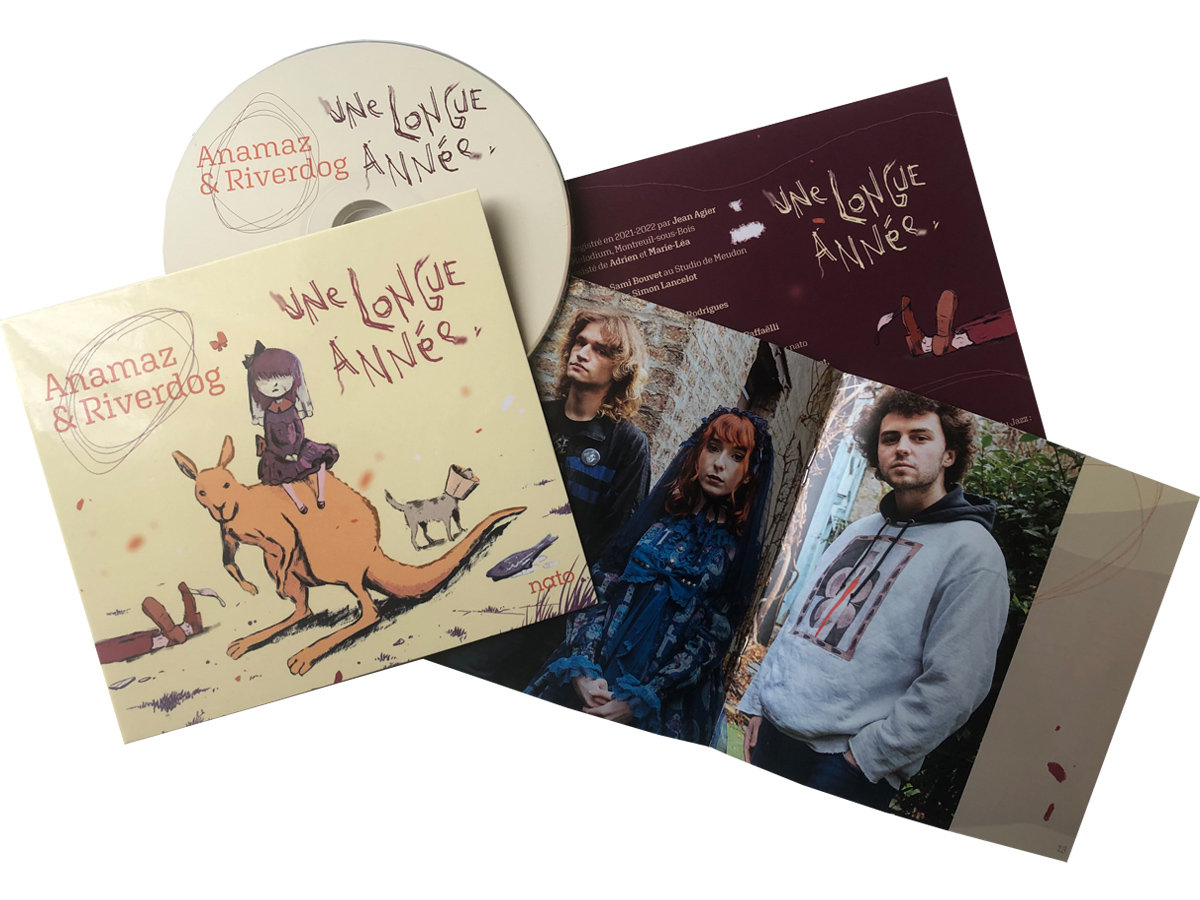
What are some future plans for you?
To stay alive a little bit more… a little bit more…
Klemen Breznikar
Headline photo: François Corneloup
nato Official Website / Facebook / Bandcamp
Jacques Berrocal | Interview

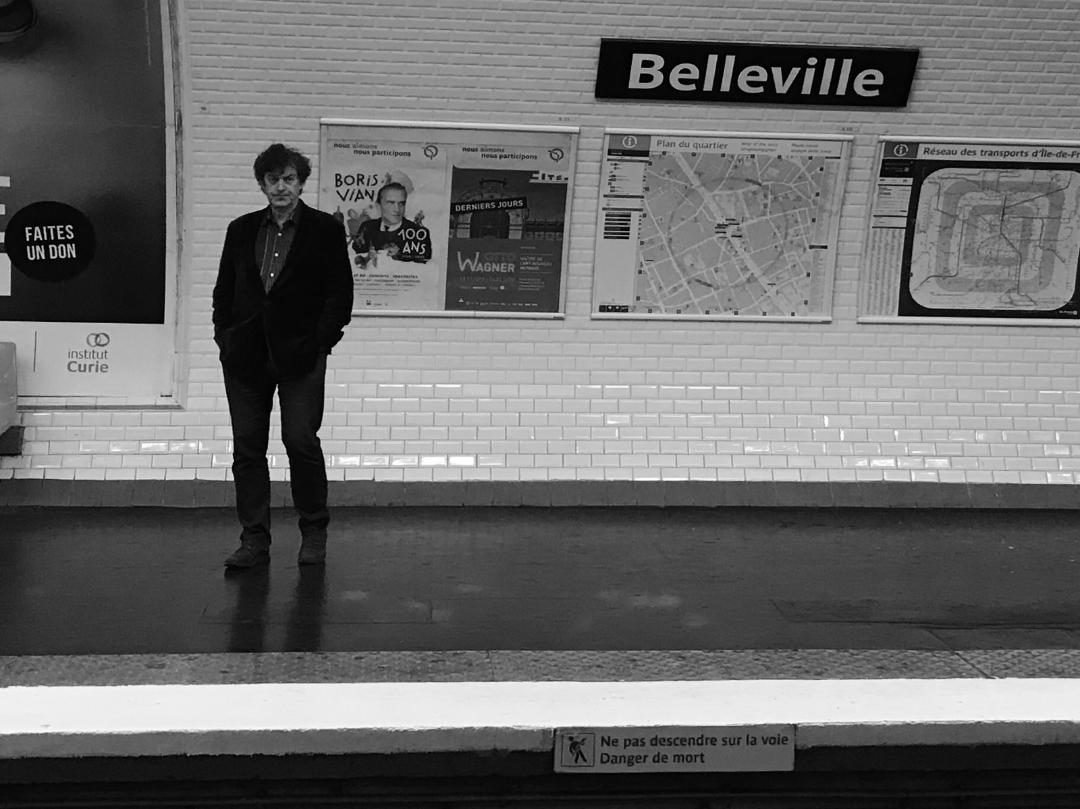
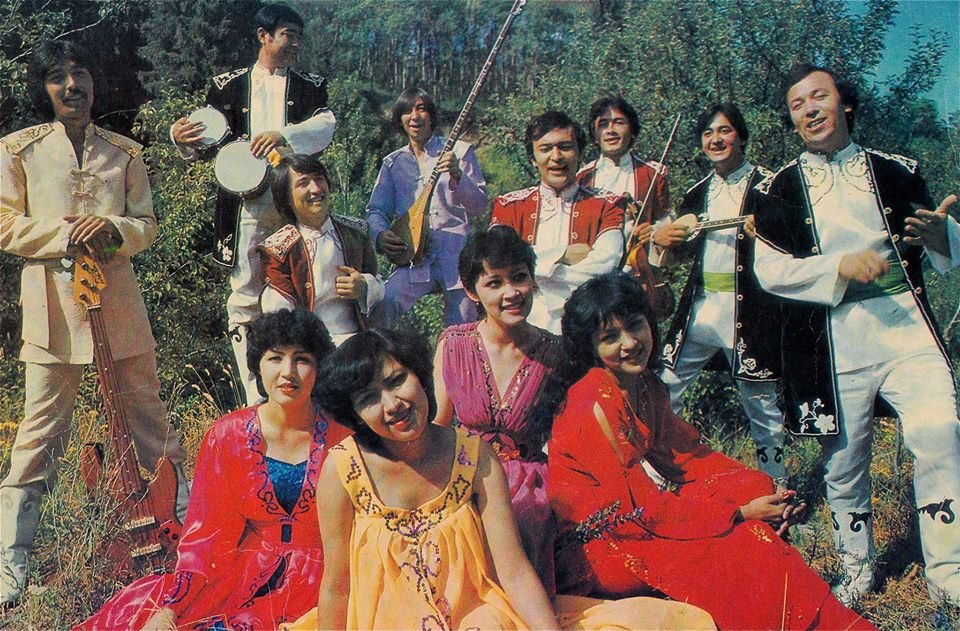
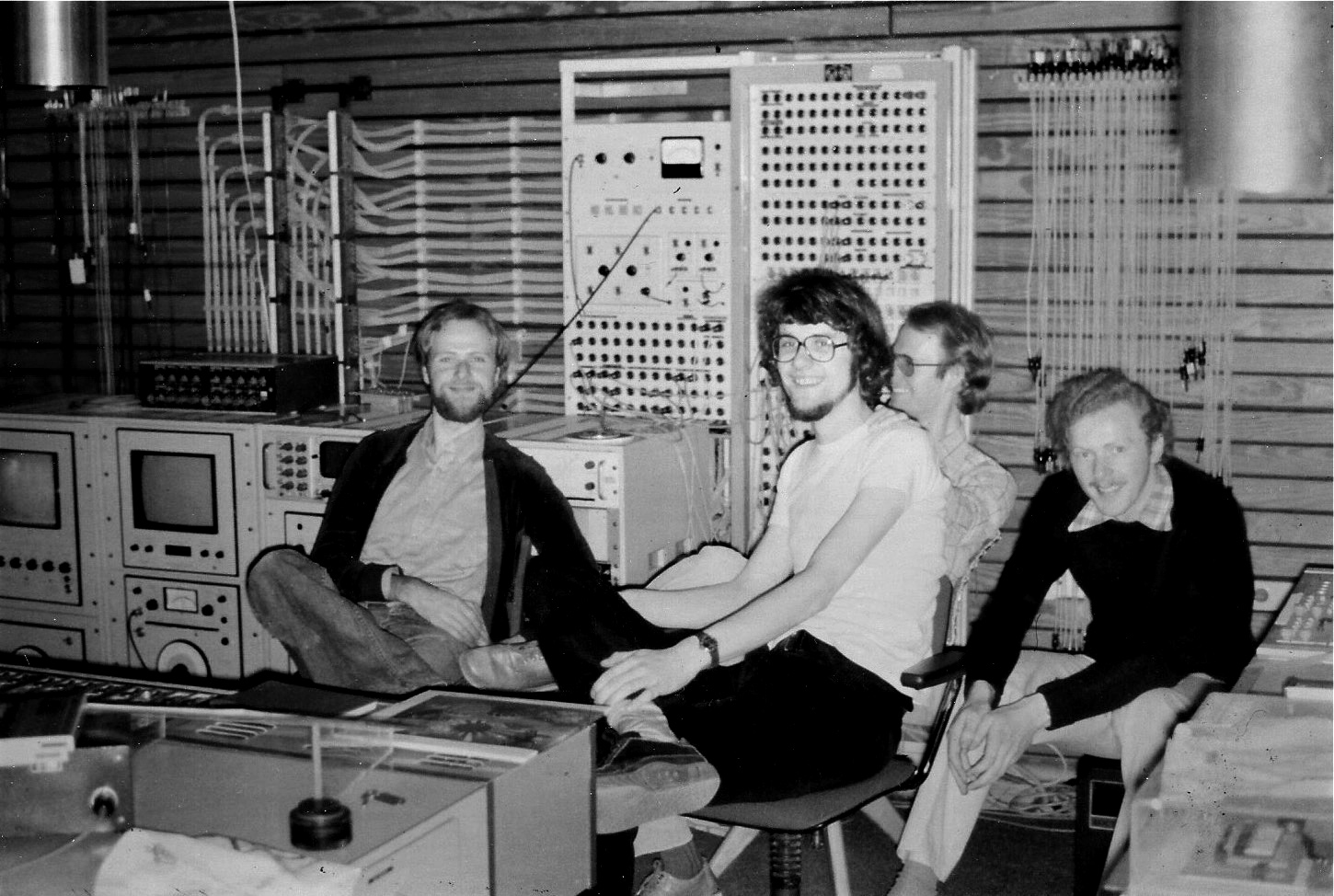
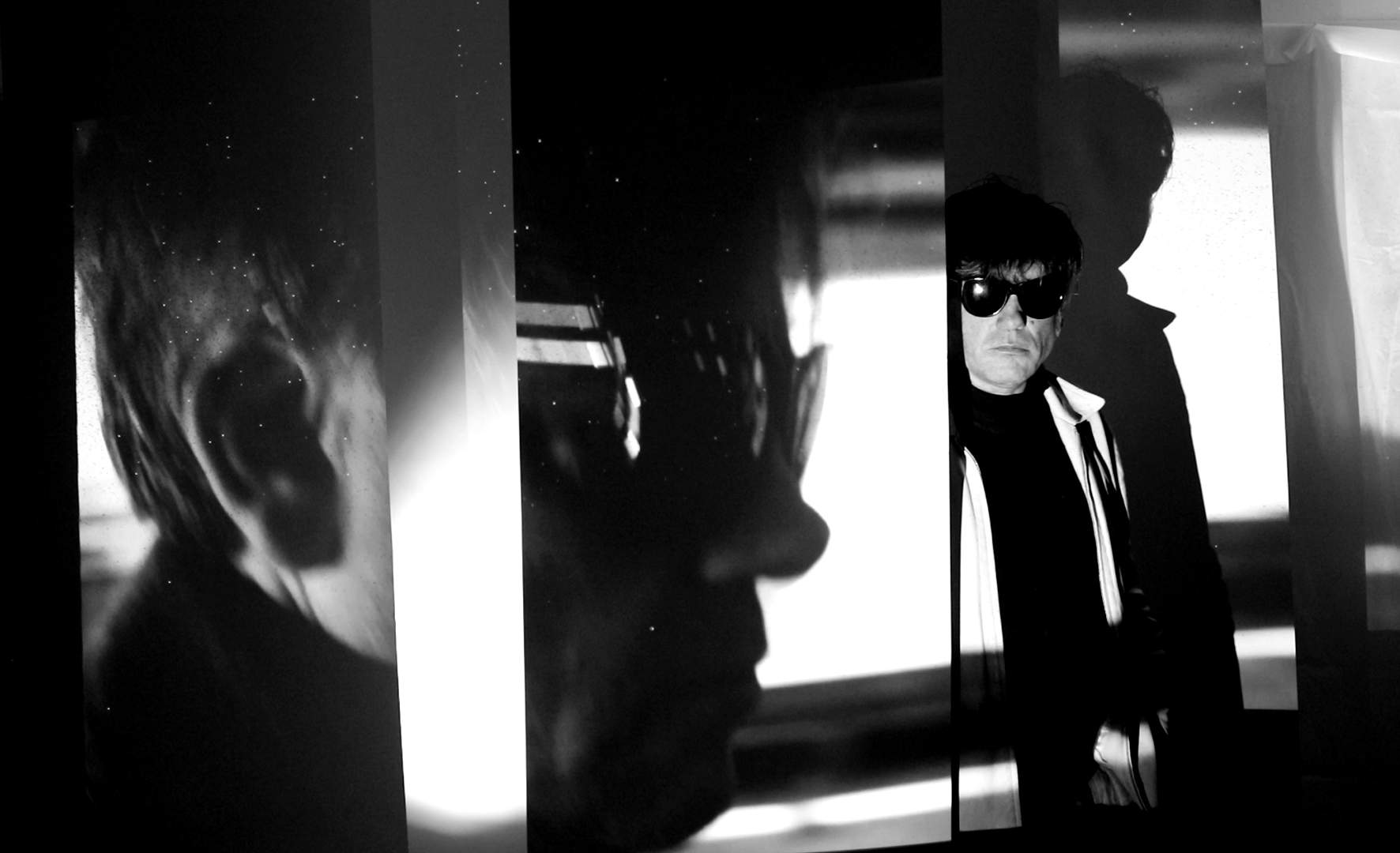
Delighted to discover this interview, bravo! The wonderful nato label has been a source of joy for me for over 40 years, thanks to its savvy, resourceful, and generous producer Jean Rochard, who knows how to make every release a unique gem, not only for the terrific music and ideas, but also the fun & brilliant packaging!